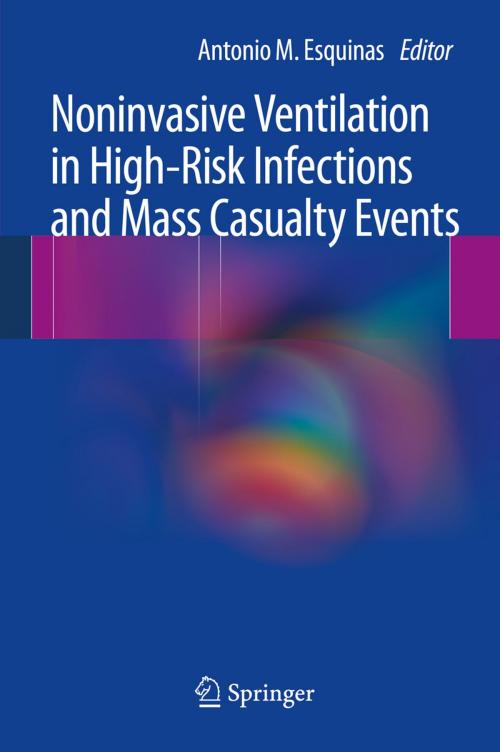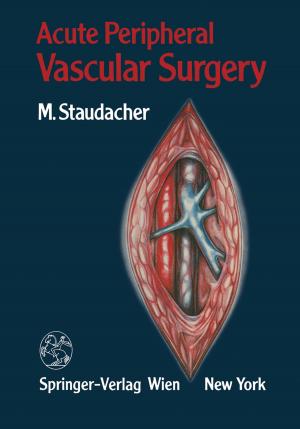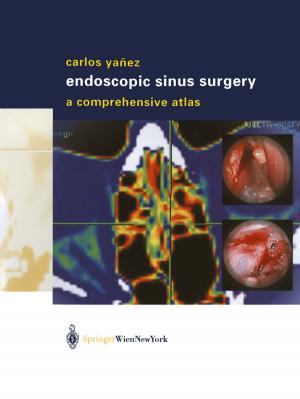Noninvasive Ventilation in High-Risk Infections and Mass Casualty Events
Nonfiction, Health & Well Being, Medical, Allied Health Services, Emergency Medical Services, Specialties, Critical Care| Author: | ISBN: | 9783709114964 | |
| Publisher: | Springer Vienna | Publication: | November 12, 2013 |
| Imprint: | Springer | Language: | English |
| Author: | |
| ISBN: | 9783709114964 |
| Publisher: | Springer Vienna |
| Publication: | November 12, 2013 |
| Imprint: | Springer |
| Language: | English |
The past few decades have seen major impacts of different pandemics and mass casualty events on health resource use in terms of rising healthcare costs and increased mortality. In this context, the development of acute respiratory failure in patients requires the use of mechanical ventilation, either invasive or noninvasive. Recently, noninvasive ventilation (NIV) has proved to be a valuable strategy to reduce mortality rates in patients. This is the first book to describe the clinical indications of NIV in patients who have been hospitalized with high-risk infections as well as in the prehospital management of mass casualty incidents, including chemical or biological disasters and pandemics. Compiled by internationally respected experts, it offers comprehensive coverage of all aspects of noninvasive mechanical ventilation in public health emergencies, such as equipment needs and guidelines for health organizations. Considering recent events (SARS, H1N1 influenza pandemic), the book concludes with a critical review of current studies and future prospects for the use of NIV, offering a valuable resource for all practitioners managing mass casualty incidents and disasters.
The past few decades have seen major impacts of different pandemics and mass casualty events on health resource use in terms of rising healthcare costs and increased mortality. In this context, the development of acute respiratory failure in patients requires the use of mechanical ventilation, either invasive or noninvasive. Recently, noninvasive ventilation (NIV) has proved to be a valuable strategy to reduce mortality rates in patients. This is the first book to describe the clinical indications of NIV in patients who have been hospitalized with high-risk infections as well as in the prehospital management of mass casualty incidents, including chemical or biological disasters and pandemics. Compiled by internationally respected experts, it offers comprehensive coverage of all aspects of noninvasive mechanical ventilation in public health emergencies, such as equipment needs and guidelines for health organizations. Considering recent events (SARS, H1N1 influenza pandemic), the book concludes with a critical review of current studies and future prospects for the use of NIV, offering a valuable resource for all practitioners managing mass casualty incidents and disasters.















